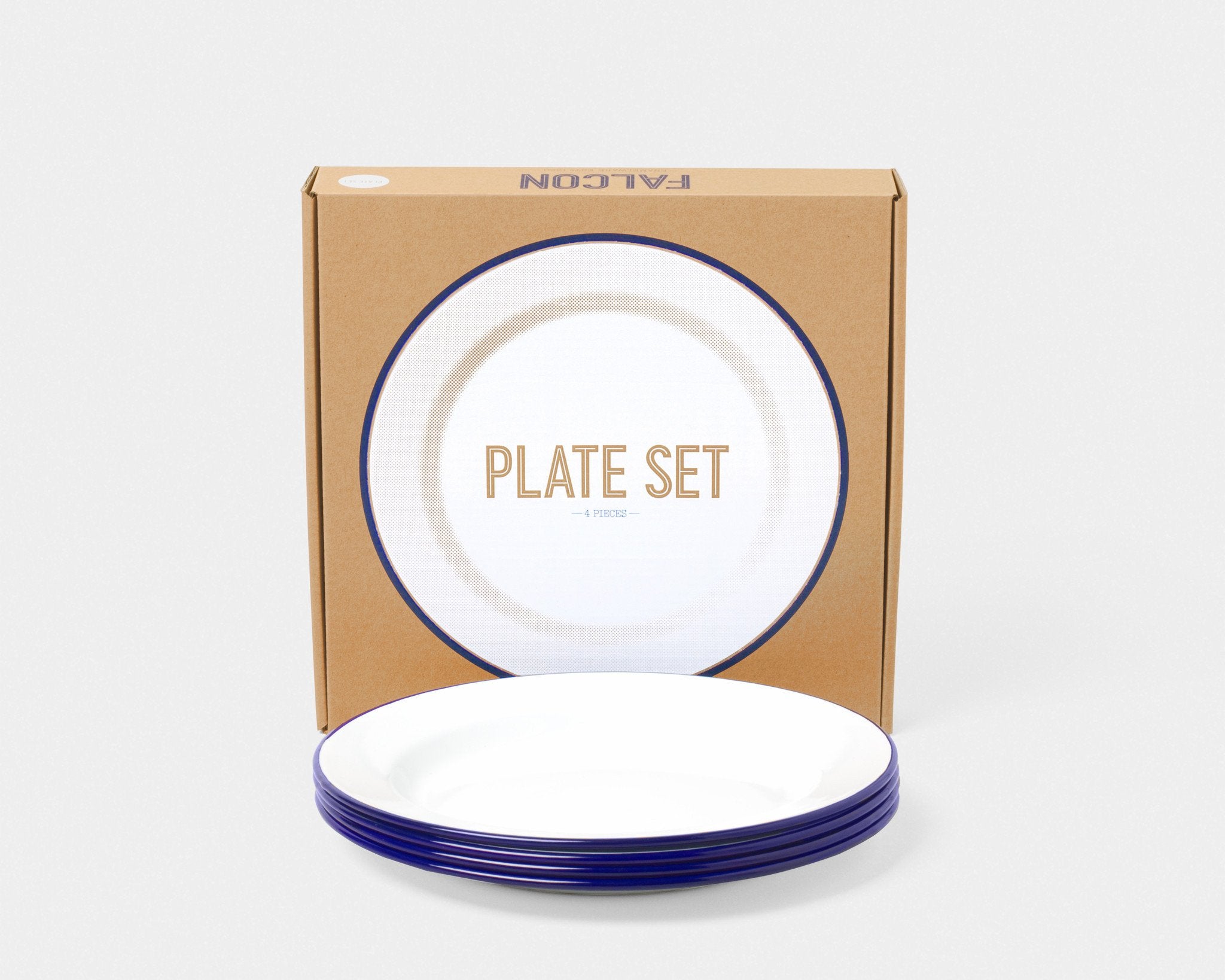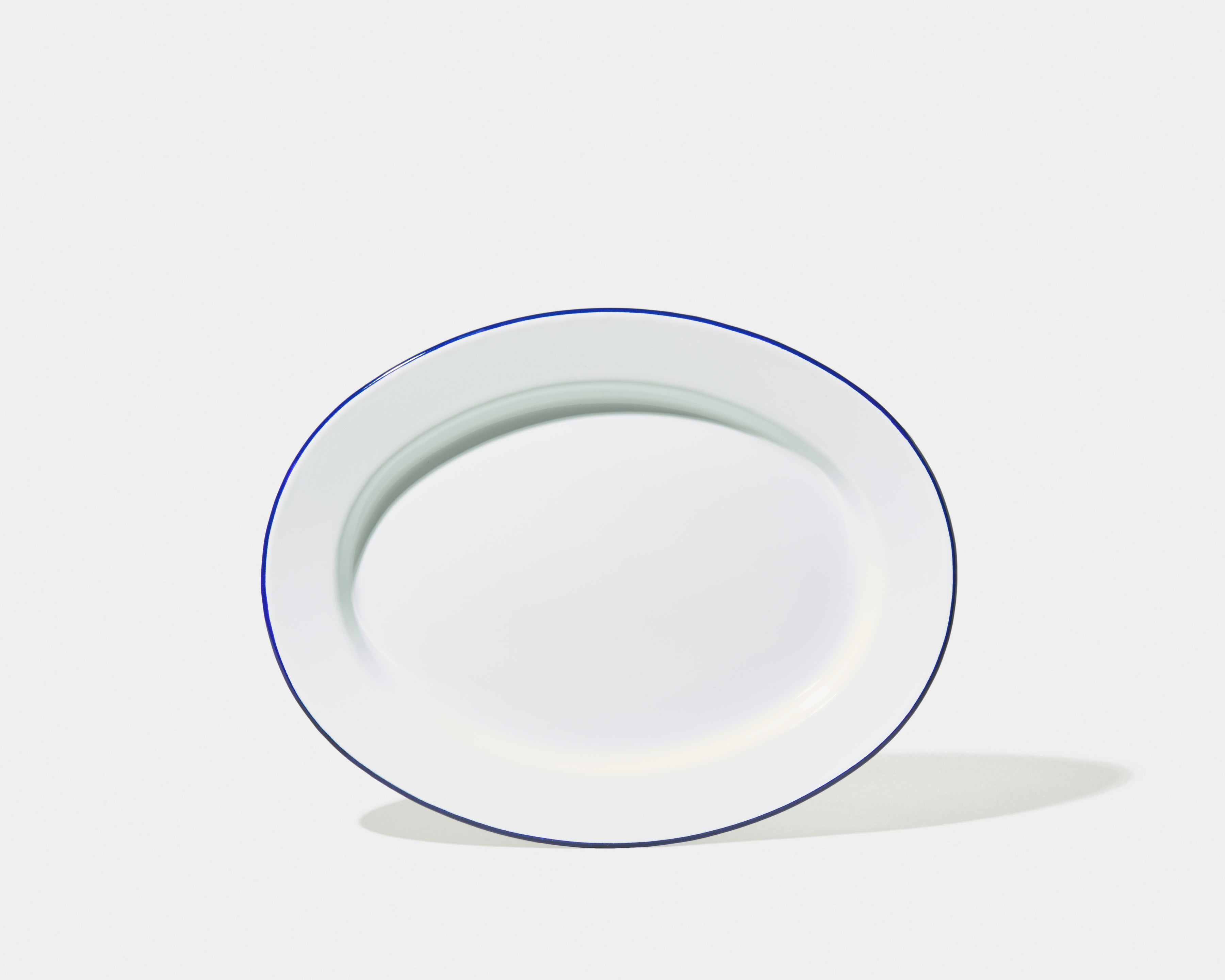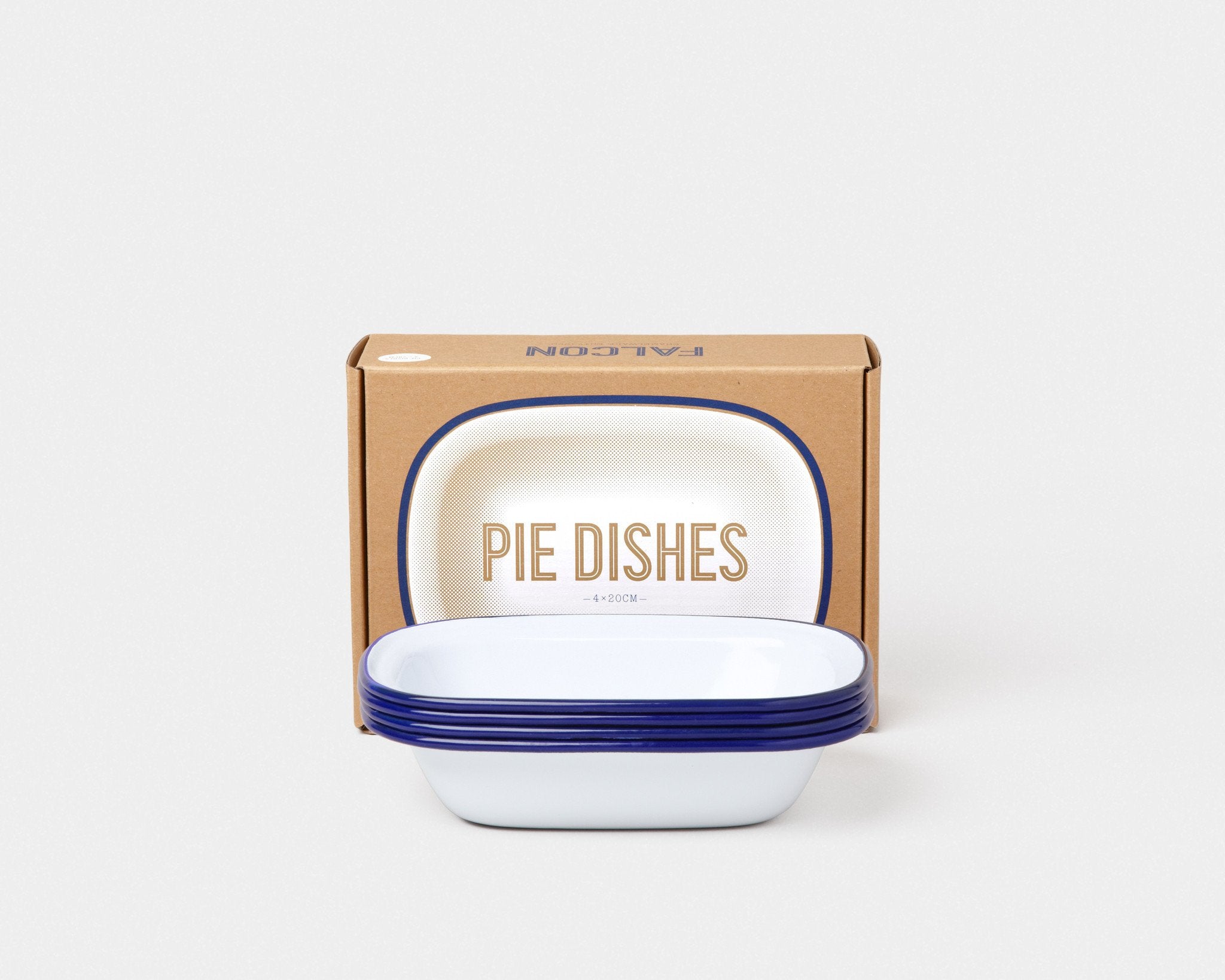Where does your love for 'making eggs the star of the show' come from?
Like many people, I'm increasingly drawn to quick and easy meals. And there don't come many (or any) quicker, easier or better meals than those with eggs at the centre of them. They're the ultimate fast and convenient food and it takes barely any effort or time to embellish them in a way that completely changes the style of dish you end up with.
... that's the logical answer.
There might also be some more deep-seated reasons too: I still recall being called "Eggward" by a girl at my primary school when I was about 5; I got my Cub Scout cooking badge by making poached eggs on Marmite toast; and this whole project really began when first had a child and, in the minimal sleep years, found myself making interesting eggs as a second breakfast while others rested (and felt I might've been on to something).
Do you have a favourite recipe from your newest cookbook, Good Eggs?
Despite probably overdosing in the making of this book, I do genuinely still enjoy and frequently recreate quite a number of them. Lots are very easy, though, and barely a recipe, but included as quick inspiration — things like having my fried (scrambled or boiled) eggs with chilli oil and cook-from frozen paratha instead of ketchup and toast. Others are global classics, like huevos rotos, tamagoyaki, eggs bhurji, and I don't lay any claim to them — they're in there as essential reference. But there are still plenty that I'd say are 'mine' and I'm fond of. These include 'pizza baked eggs' (think shakshuka, but with the aroma of a Neapolitan pizzeria), and fried egg and sausage laab bun, which is kind of like a Sloppy Joe crossed with Thai/Laotian-flavoured sausagemeat ... with a fried egg on top. It's ace.
How can we all elevate our eggs with your recipes and a Falcon Enamelware dish?
I think of Falcon Enamelware dishes as the ultimate fusion of utilitarian and stylish design. Much like cooked eggs, really: so simple and functional, yet also so pleasing on the eye.
So in the first instance I would say that there's nothing wrong with recognising that we do eat with our eyes, and serving-up on Falcon plates and platters results in effortlessly good-looking eggs. I also really enjoy baking eggs in Falcon’s Pie Dishes. A bit of cream, a bit of whatever's left in the fridge, maybe some cheese and definitely more cream, a few moments in the oven, and you end with perfectly individually portioned, oven-to-table ready, coddled-ish eggs.
Can you share with us an interesting egg related fact from the book?
You should decide how to cook your eggs depending on how fresh they are.
Only bother poaching them when they're super fresh; fry them when they're pretty fresh (otherwise they're slack and spread over the pan); and scramble or boil them when they're getting a little old.
The best way to tell how fresh they are is to put them in a cup of water. If they lie flat on the bottom they're super fresh. If they tilt up at 45 degrees, that's pretty fresh. And anywhere from there to vertical, then they're old but ok. If they float, bin them.
Is there a restaurant you frequent for good eggs, or would you always rather cook them at home?
Achieving value with egg dishes (or any breakfast item) is hard for both customers and restaurants. And in 99% of cases I do think you're better off making them at home — as mentioned, it's so quick and convenient to cook good eggs.
That said, I'd travel for a small clutch of them: in East London the Kimchi Croque Madame at Snack Bar; the breakfast rolls and the weekly-changing egg special at Esters; and chilli-sage eggs at Towpath (for the setting as much as the eggs); in South London Juliet's Quality Foods and Milk both do seriously good eggs; and in central London, the Omelette Arnold Bennet at The Wolseley is probably something you wouldn't make at home, and the room remains a treat.
Photo credit Sam A Harris.
Published by Quadrille Hardie Grant (£22).
Purchase Good Eggs here.












